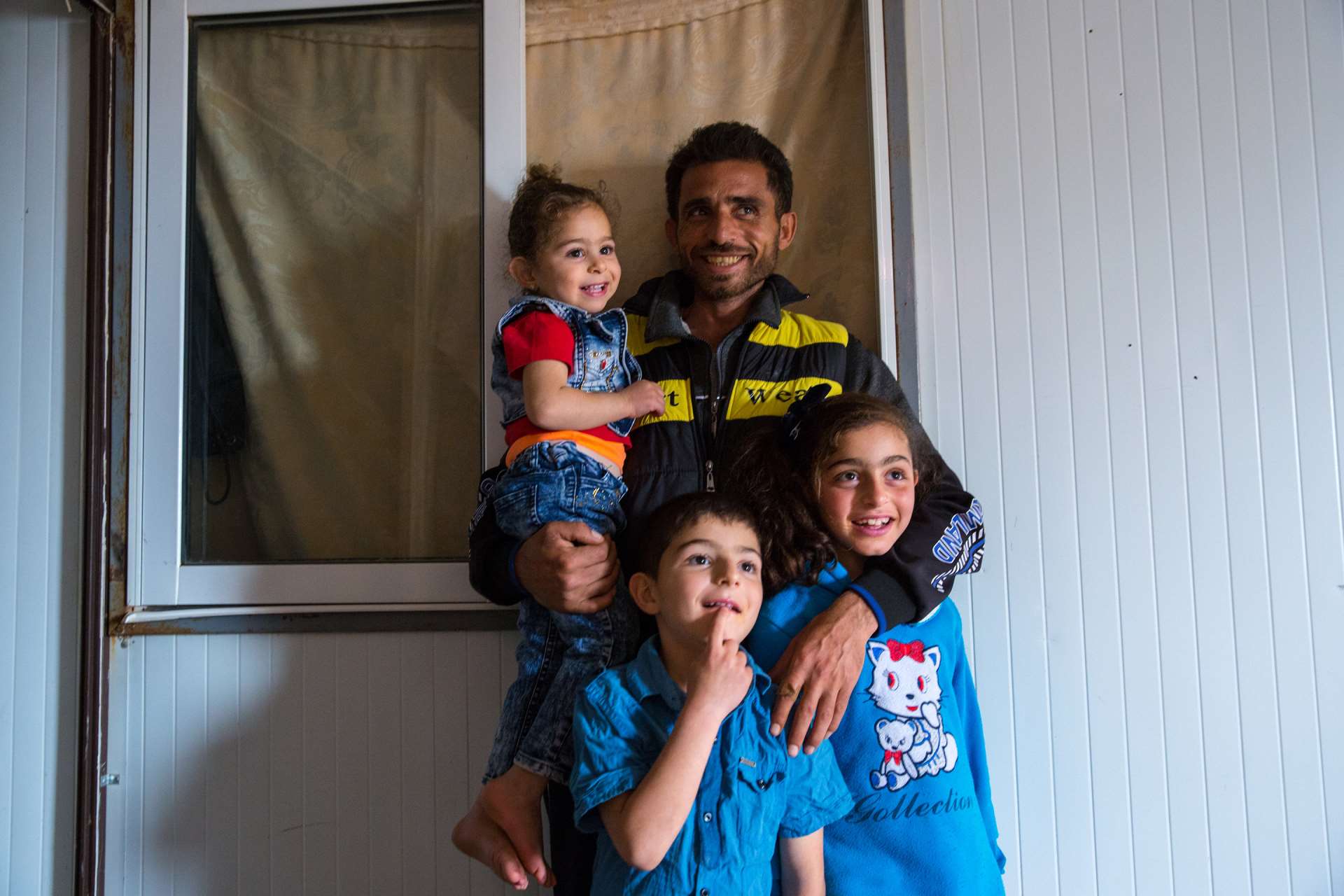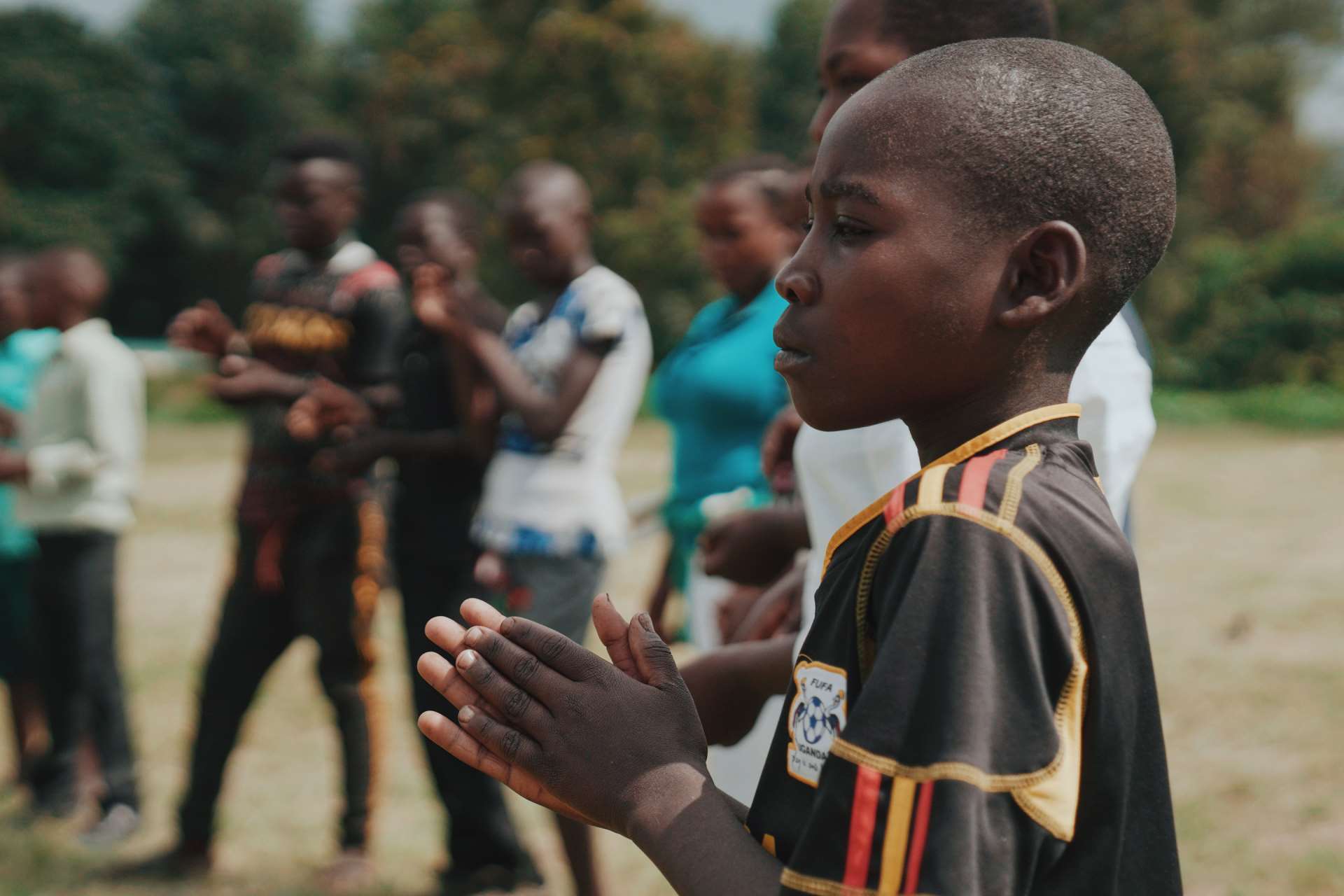Our Theory of Change
War Child programmes continue to adhere to our Theory of Change (ToC) which guides the development and implementation of our Care System inside our countries of operation. The ToC helps us to identify the changes we want to bring about and examine how (and why) they are expected to occur within a particular context.
All elements of the ToC - and our programming worldwide - contribute towards two key impacts in the lives of children:
Increased resilience
Improved wellbeing
This process forms the basis for shaping the development, implementation and evaluation of each War Child intervention. It also provides a scientific framework to give focus to our efforts to bring about real change in the lives of conflict-affected children.
.jpg)
Evidence-Backed: Innovation-Led
Significant progress was made in the development and evaluation of all Core Interventions over the course of the year.
The Stigma Reduction Approach - which works within communities to address the stigmatisation of children and promote access to care - entered the real-world context for the first time with the completion of a practice run in Uganda. This was made possible by significant funding from the Dutch Relief Alliance.
“A small-scale evaluation of War Child’s Community Case (CCD) Tool shows that over 75 per cent of children were correctly identified by teachers and community workers as in need of mental health care. This is a promising first step.”
Myrthe van den Broek, Researcher at War Child
A 2019 study conducted by our in-house researchers and published in Social Science and Medicine concluded that current approaches to tackle stigmatisation in low and middle-income countries typically focus on a single group and overlook the specific needs of children. We were proud to develop a socio-ecological approach that addresses multiple factors - such as the role of service providers, family members and the wider community - in the stigmatisation of children - and identify the potential to bring about change.
A full Randomised Controlled Trial of our Caregiver Support Intervention was conducted with Syrian refugees in northern Lebanon - with new indices to measure parenting skills, stress and stress management. And our Community Case Detection Tool went from strength to strength. Based on a positive evaluation of our 2018 pilot in the occupied Palestinian territory - which validated the use of the tool in school settings - we consolidated plans to pilot the tool in community settings in Sri Lanka in 2020.

An evaluation of Can’t Wait to Learn in Lebanon indicated that children made significant improvement (by seven per cent) in mastering their maths skills over a 12-week period. A similar study in Sudan highlighted that children reached required reading competency levels at a rate 2.7 times faster than the Government Alternative Learning Program (ALP).
Our Can’t Wait to Learn team has also contributed to a number of wider academic studies on the effectiveness of the design of accelerated education methodologies for the Department for International Development (DFID) and Porticus Foundation.
Pioneering a Holistic Approach
2019 was marked by the inauguration of Mark Jordans, our head of Research and Development, as Professor at the University of Amsterdam.
His position - as Chair of Global Child and Adolescent Mental Health - elevates our standing as experts in the field of psychosocial support and pushes forward our call for the widespread adoption of a new approach to meet the urgent mental health needs of children living in war.

This central challenge was the subject of a major speech from Jordans held at the university in November. In his speech he argued that new systemic approaches - ones that draw on community resources to be delivered rapidly at large scale - are urgently required. Here he put forward the case for a new system of care with the potential to bridge the ‘treatment gap’ in mental health provision - a case that was met with rising recognition over the course of the year.
The year as a whole saw some €18.5 million in funding raised towards the development of this new package of interventions - a landmark achievement. We worked hard every step of the way to get our work out there - in both the public and political domain - and influence prominent policymakers. You can read more about our role in a number of high-profile advocacy events here.